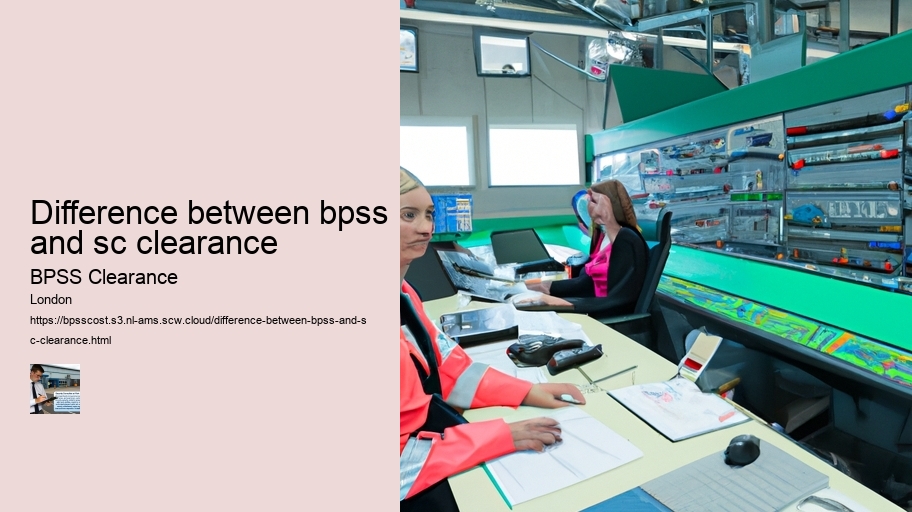
difference between bpss and sc clearance
>Can a new employer verify previous salary UK?
4. **Confirm Employment History:** Validate the accuracy of the individual's employment history to ensure transparency and honesty.
Adhere to the Baseline Personnel Security Standard (BPSS) clearance process to gain authorized access to UK OFFICIAL Assets. To guarantee you meet the necessary requirements for accessing these assets, consider the following:
Organizations that require a Baseline Personnel Security Standard (BPSS) check generally include those involved with national security, government contracts, or any sector where security is paramount. This typically encompasses various government departments, the defense sector, and private companies that handle sensitive information or deliver services under government contracts.


